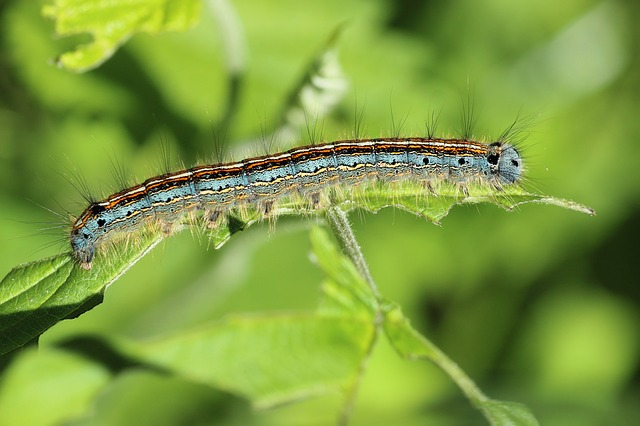
Global warming and its resulting change in climate could destroy crops not just by extreme heat and droughts. Scientists say that one of the spillover effects of rising temperatures is that crop-destroying swarms of insects will get larger and feed faster and with increased intensity. As a result, per acre yield of essential food crops like wheat, maize, and rice in the northern hemisphere is expected to fall.
Insects from temperate regions thrive in warmer temperatures, new research has found.
Researchers modelled increases in insect populations as well as how their metabolic rates change in a world that is getting ever so warmer. As a result, scientists have found that there is to be a 50 to 100 percent increase in crop loss caused by pests in European wheat.
For North Amercan Maize, the levels were around 30 to 40 percent. This loss of crops are set to happen even if countries actually keep to their commitments to reduce greenhouse gas emissions as mentioned in the Paris Accords.
Joshua Tewksbury, co-lead author of the research said, "In some temperate countries (zones), insect pest damage to crops is projected to rise sharply as temperatures continue to climb, putting serious pressure on grain producers."
As of now, food grains provide about 42 percent of worldwide total calorie consumption, say the researchers. In spite of this, the effects of warming in the coming century on crops rarely takes into consideration losses brought on by insects.
"On average, the impacts from insects add up to about a 2.5 percent reduction in crop yield for every degree Celsius increase in temperature," said Tewksbury.
For context, he explains, this is about half of the estimated direct impact of temperature change on crop yields, but in north temperate areas, the impact of increases insect damage will likely be greater than the direct impact of climate on crop yields.
Future bugs, the research has found, in a world where the climate will get warmer, are expected to be massive in number and even more hungrier than they are now. Warmer temperatures accelerate individual insect metabolic rate, the scientists found. It implies that they are likely to need a lot more food during in their lifespan.
However, regions that are already tropical could become too hot for insects to survive and so those places might have less bugs. They are still expected to increase in other regions as temperatures rise, leading to additional regions becoming more favourable to insect populations. New ecosystems simply open up and insects easily adapt to them.
Researchers found that the potential for crop damage through to about the year 2050 by adding climate projection data, with crop yield statistics, along with insect metabolic rates as well as other demographic information, notes the release.
Of all the regions that are to be affected by this expansion of insect habitats and ravenous appetites, Europe's "bread basket" region could be among the hardest hit, say researchers. It is, as of now, the most productive wheat farming region in the world and pest projected pest impacts on European wheat could yield losses of over 16 million tons.
Eleven European countries were found to suffer 75 percent or higher losses in yield and they include the U.K., Ireland, Denmark, Sweden.
The study was first published in the journal Science.








